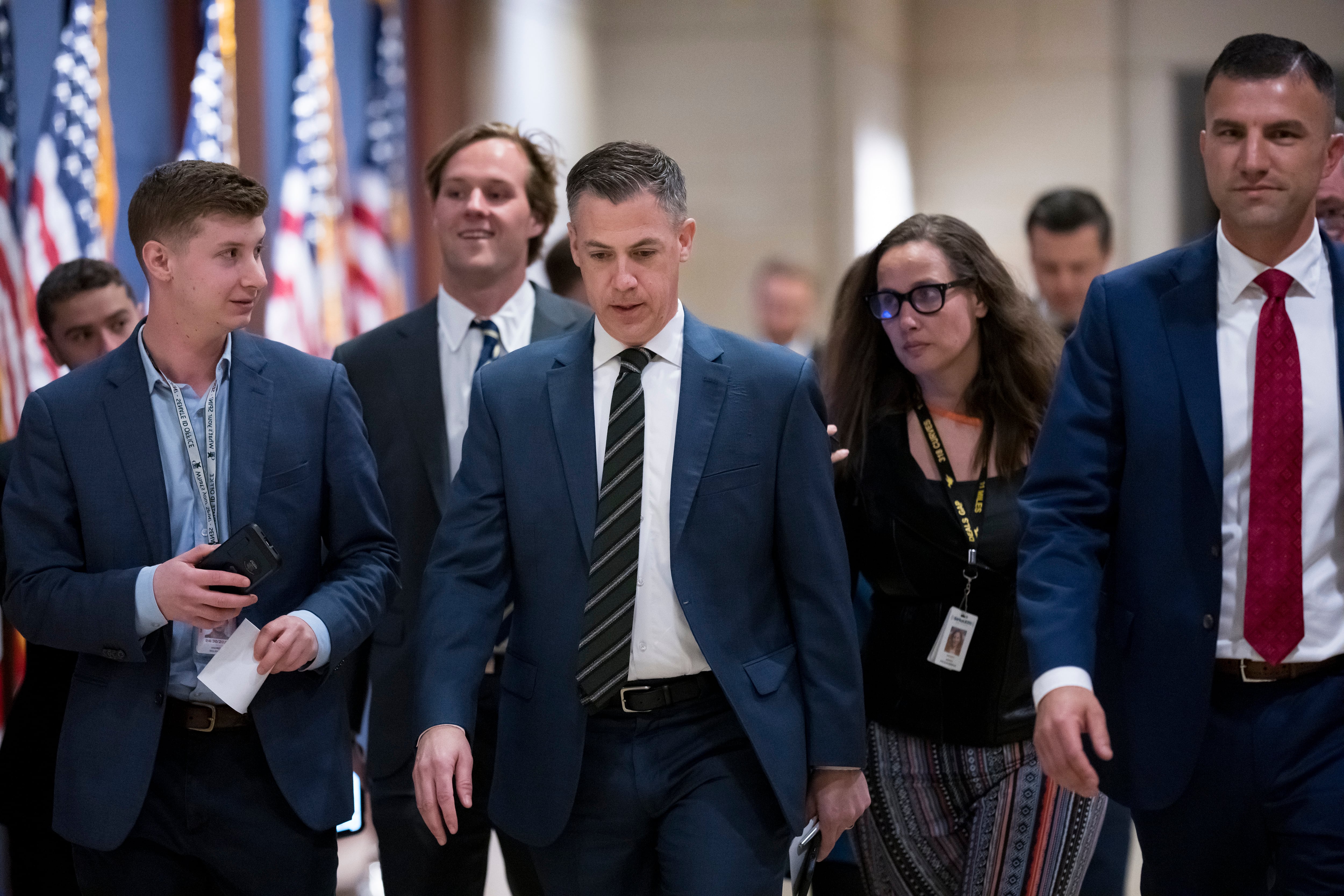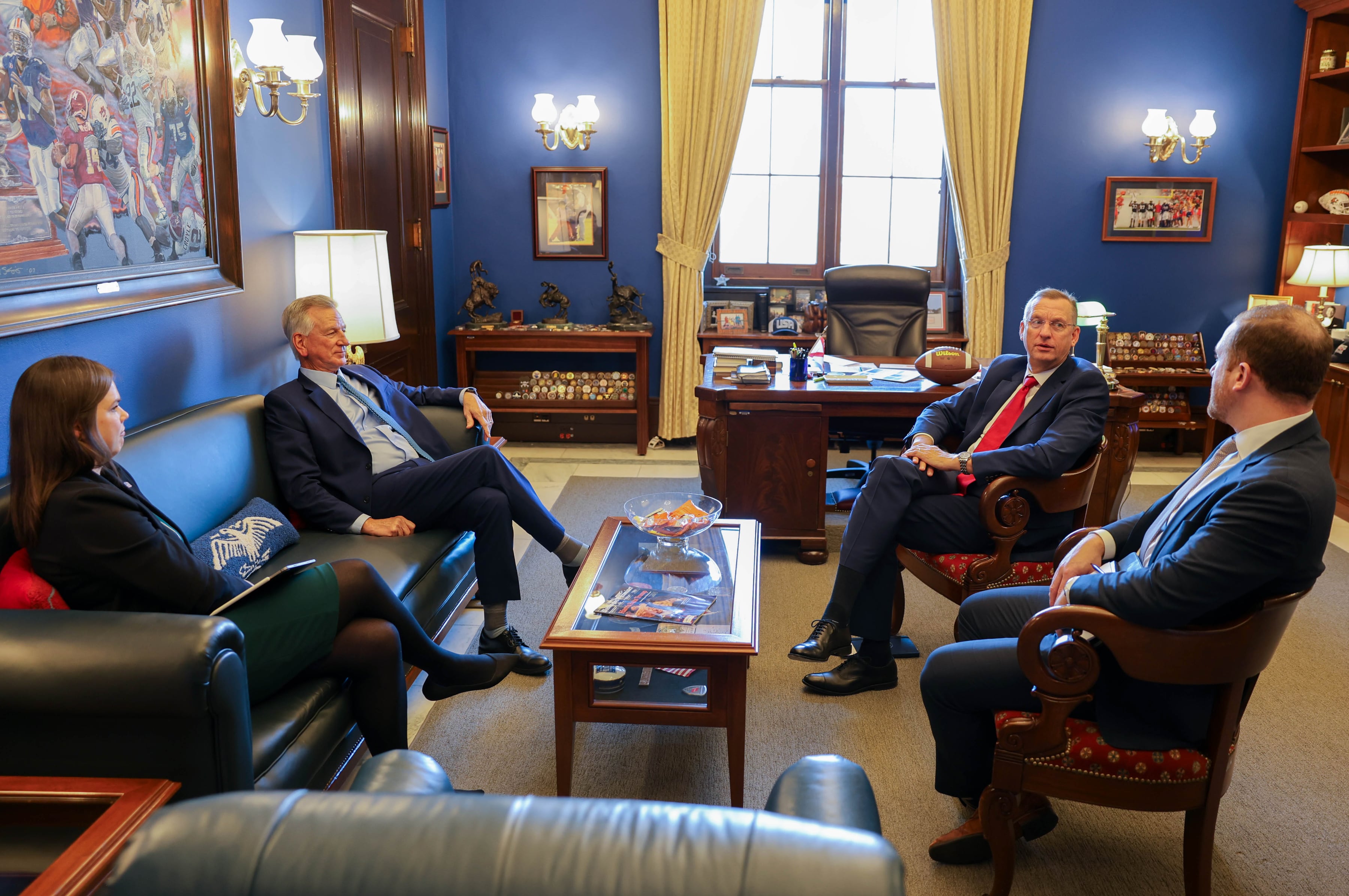WASHINGTON – An Army medical laboratory designed to detect battlefield contaminants is joining the fight against Ebola in West Africa and will be deploying next week, according to an Army announcement.
The 1st Area Medical Laboratory (AML), based in Aberdeen, Maryland, will set up an unspecified number of infectious disease labs in Liberia to support Ebola screenings in West Africa.
"The 1st AML will bring state-of-the-art analyzers and experienced personnel, who will be able to enhance the identification of Ebola and other endemic diseases in an expeditious manner," said 1st Area Medical Laboratory Commander Col. Patrick Garman.
The lab joins Operation United Assistance, the effort to contain West Africa's Ebola outbreak, headed by the U.S. Agency for International Development. U.S. Army Africa and U.S. Africa Command are supporting with command and control, logistics, training and engineering.
The US military plans to complete 17 treatment centers, with 1,700 beds throughout the region for Ebola patients. As for last week, roughly 540 troops and Pentagon civilians of a planned 3,200 had arrived in the region, including Navy Seabees, a Special Purpose Marine Air-Ground Task Force Crisis Response team with four MV-22 Osprey aircraft, airmen with the 62nd Airlift Wing, soldiers and Coast Guardsmen. Troops from the 101st Airborne Division are expected to follow shortly.
The 1st AML is the Army's only forward deployed, theater-level laboratory. It was created to deploy worldwide and provide test and health hazard assessments of biological, chemical and occupational health threats for combatant commanders.
Gen. David M. Rodriguez, the commander of U.S. Africa Command, said the health and safety of deploying troops is the top priority. The command consulted with USAID, the Centers for Disease Control, the World Health Organization and Doctors Without Borders, to develop its protocols.
"Preventing the spread of Ebola is the core task of this effort," Rodriguez said. "This is a key requirement in everything that we do in this operation, and this applies both to our support efforts and the protection of our own people."
The 1st AML's soldiers trained for the deployment with the 20th CBRNE (Chemical, Biological, Radiological, Nuclear, Explosives) Command surgeon and the Fort Detrick, Maryland-based US Army Medical Research Institute of Infectious Diseases.
The unit was conceived for disease prevention in World War II and deactivated after the Vietnam War. Reactivated in 2004, it deployed to Afghanistan in 2010 and to post-tsunami Japan in 2011 before it was restructured in 2012 to deploy in small mobile teams of 10 or 11.
Joe Gould was the senior Pentagon reporter for Defense News, covering the intersection of national security policy, politics and the defense industry. He had previously served as Congress reporter.





